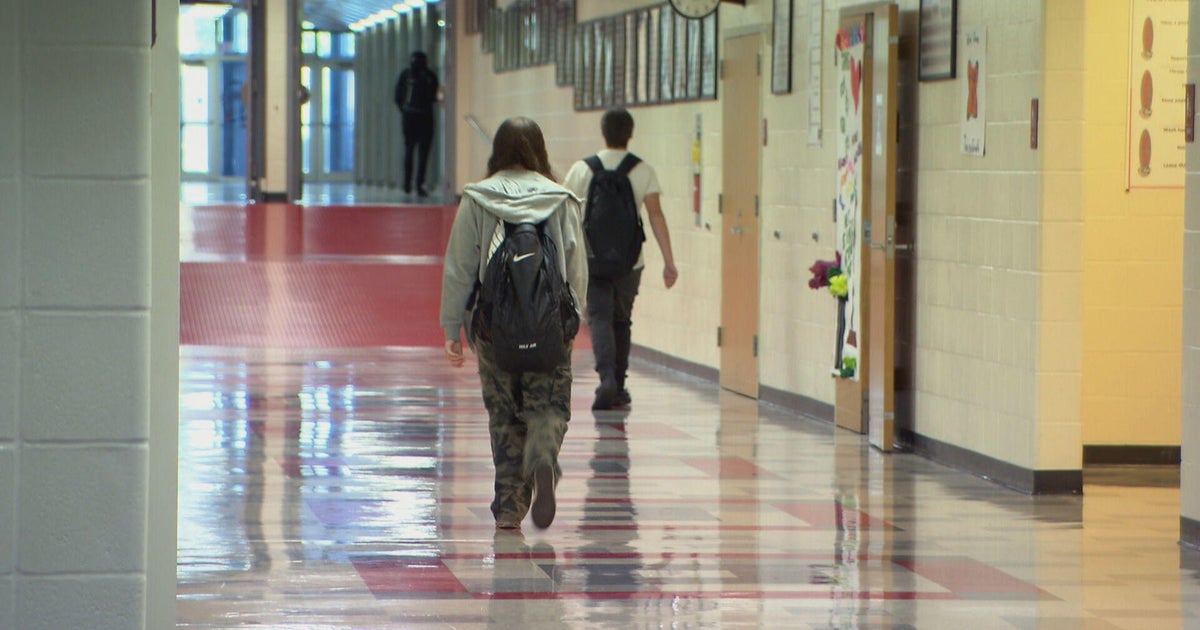Transgender man who gave birth to baby boy addresses misconceptions
PORTLAND -- A transgender man in Oregon who gave birth to a baby boy is sharing his pregnancy story on social media in the hopes of changing the stigma surrounding it.
Trystan Reese and Biff Chaplow fall into a familiar routine caring for baby Leo: feeding, burping and soothing the newborn just like any other loving parents. But their path to getting here had some unusual challenges.
The couple's family started when they took in and later adopted Chaplow's 1-year-old niece and 3-year-old nephew. Leo's birth offers another twist to the plot.
Reese was considered female at birth, but grew up identifying as a male, reports CBS News correspondent Mireya Villarreal. At 20 years old, he started taking testosterone. Transitioning through hormone therapy alone, he opted not to have surgery.
Once the couple decided they wanted to have a baby, the next step was the easy one.
"It's actually not that different than if a woman is on hormonal birth control and their cycle stops. So I stopped taking my hormones and eventually my cycle came back… About five months later, we got the positive pregnancy test," Reese said.
As the baby was growing, Reese's pregnancy went fairly unnoticed.
"Men's bodies are not scrutinized in the ways women's bodies are, so nobody really noticed that I was pregnant. It just kind of looked like I had a beer belly for a good chunk of the time," Reese said.
Reese and Chaplow shared updates throughout the pregnancy on social media using the platform to address misconceptions about transgender people.
"We did take steps in those end months, like Tristan started working from home completely. We just didn't go out as much — to be cautious," Chaplow said.
An estimated 1.4 million adults in the U.S. identify as transgender, but the government has no documented numbers on transgender men who have given birth.
"You do have to admit that, what you have here is unconventional. So for those people who say, 'This isn't a family,' how do you respond to them?" Villarreal asked.
"We're not here for people who are at that place. If you are so blind to love and to respect and to the possibility that the world has to offer you, that you don't think that what is in this house is a family, there's no way I am going to reach you," Reese said.
Reese and Chaplow know their story isn't everyone's, but they also know they're not alone.
"It's the teenagers that think they might be trans, or the gay men out there that feel ashamed of themselves. It's those sorts of people that we feel like we would like to reach," Chaplow said.
"There are so many different configurations of families, all of which are valid and full of love and respect and integrity. And spit-up," Reese said, laughing.





